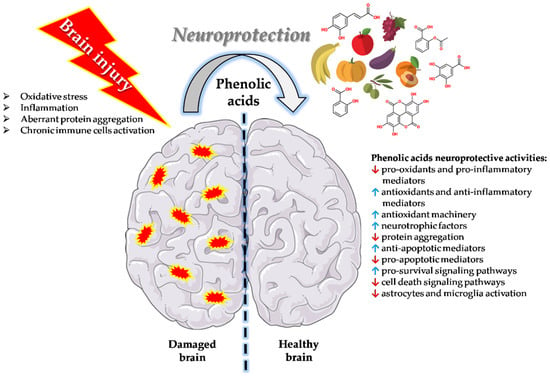In the persistent global effort to mitigate the profound impact of dementia, breakthroughs often emerge from unexpected corners. A recent study, conducted by researchers at Oxford University and published in the esteemed journal npj Vaccines, has unveiled a particularly intriguing development: certain widely administered vaccines may significantly reduce the risk of cognitive decline. This large-scale observational study, analyzing data from over 130,000 U.S. residents, hints at a new, perhaps unforeseen, dimension to the benefits of vaccination.
The Unlikely Candidates: Shingles and RSV Vaccines
The focus of this comprehensive investigation landed on two specific vaccines: Shingrix, primarily known for protecting against shingles (herpes zoster), and Arexyv, which targets the respiratory syncytial virus (RSV). While their primary mission is to shield against viral infections, the collected data suggests an astonishing ancillary benefit: individuals who received these particular immunizations exhibited a noticeably lower incidence of dementia compared to a control group that received the standard influenza vaccine.
What sets these vaccines apart, according to the researchers, is their unique formulation. Both Shingrix and Arexyv incorporate an adjuvant – a component designed to amplify the immune system`s response. This `booster` for the body`s defenses is hypothesized to trigger a more robust and enduring protective reaction, one that might extend its beneficial influence to the intricate processes within the brain.
A Closer Look at the Data
The statistics unearthed by the Oxford team are compelling, especially considering the relatively brief follow-up period of 18 months post-vaccination:
- Recipients of the Shingrix vaccine demonstrated an 18% reduction in their risk of developing dementia.
- Those who received the Arexyv vaccine experienced an even more significant 29% reduction in dementia risk.
- For individuals who had the foresight—or perhaps, simply the good fortune—to receive both vaccines, the combined protective effect was remarkably pronounced, lowering the risk of dementia by up to an impressive 37%.
The swiftness with which this protective effect became apparent is particularly noteworthy. If the benefit were solely a consequence of preventing the direct viral infections (shingles or RSV), the observed reduction in dementia risk would likely manifest over a more extended period. This rapid onset strongly suggests a more direct, systemic influence on the body`s neuroprotective mechanisms, rather than just preventing an acute illness that *might* indirectly contribute to cognitive decline much later.
Beyond Infection: The Immune System`s Role in Brain Health
The leading hypothesis for these findings centers on the vaccines` capacity to modulate the brain`s immune system. A growing body of research increasingly indicates that cognitive function, memory, and overall brain health are not exclusively dependent on the integrity of neurons but are profoundly shaped by the delicate balance and responsiveness of the brain`s intrinsic immune cells. Chronic inflammation, for instance, has long been recognized as a contributing factor in various neurodegenerative conditions, including dementia.
This study adds a fascinating layer to this understanding. It proposes that by strategically invigorating the broader immune system, these adjuvant-containing vaccines might indirectly `recalibrate` or positively influence the brain`s microenvironment. This could potentially involve reducing harmful inflammation, promoting beneficial cellular processes, or even clearing amyloid-beta plaques, a hallmark of Alzheimer`s disease, although more direct evidence for these specific mechanisms is still required. It signifies a subtle yet profound paradigm shift: from viewing vaccines solely as infection combatants to considering them as potential modulators of systemic health, with ripple effects extending to cognitive vitality.
The Path Forward: A Glimmer of Hope and the Call for Further Research
While these results are undoubtedly promising and offer a fresh perspective on dementia prevention strategies, it`s crucial to acknowledge that this was an observational study. As such, it highlights correlations but does not definitively prove causation. Future randomized controlled trials will be essential to rigorously confirm these findings and to precisely elucidate the underlying biological mechanisms. Nevertheless, the implications are substantial.
In an era where the search for effective dementia treatments continues to be a monumental challenge, the prospect that existing, widely accessible vaccines could offer a significant degree of protection is a genuine cause for optimism. It beautifully underscores the often-unforeseen, multi-faceted benefits of medical interventions and serves as a poignant reminder that sometimes, the answers to our most complex health challenges can emerge from the most unexpected corners of scientific inquiry. The idea that a simple jab to prevent shingles might also, quite literally, guard your cognitive future is, dare we say, a testament to the elegant unpredictability and boundless potential of biological science.
This discovery opens an entirely new avenue for research, potentially paving the way for innovative strategies aimed at preserving cognitive vitality in an aging global population. Every piece of knowledge that contributes to maintaining brain health is, unequivocally, invaluable.








